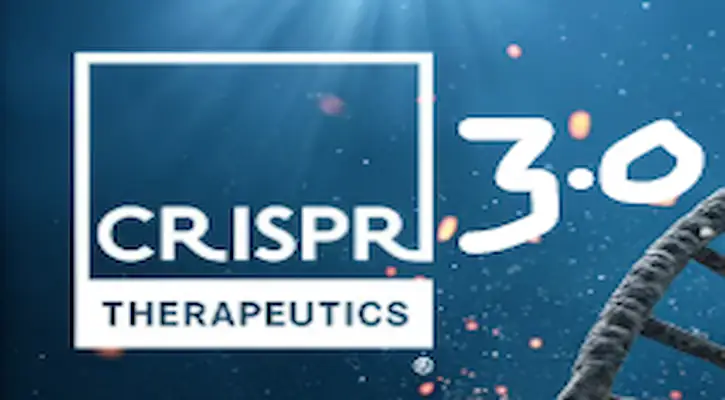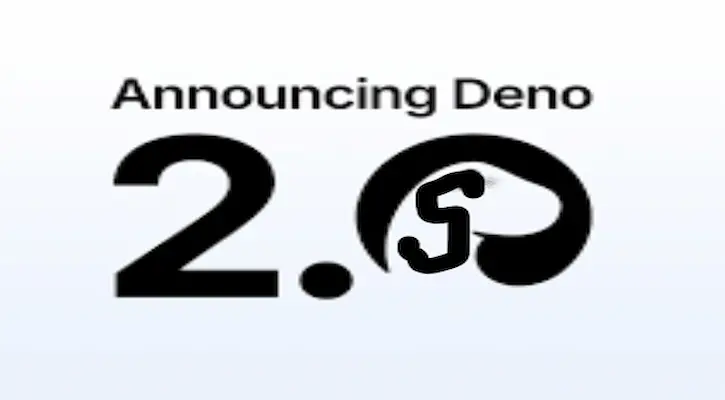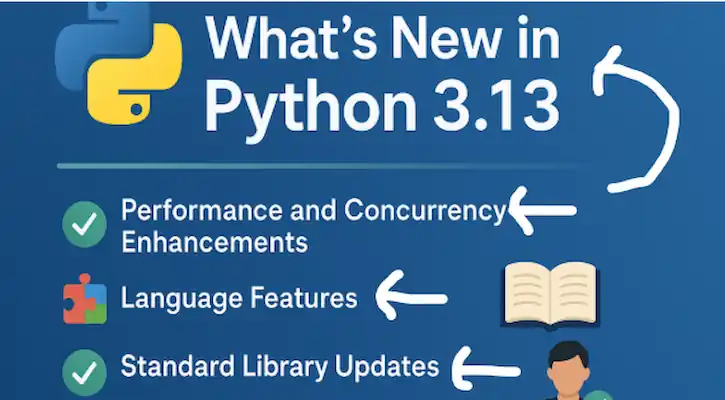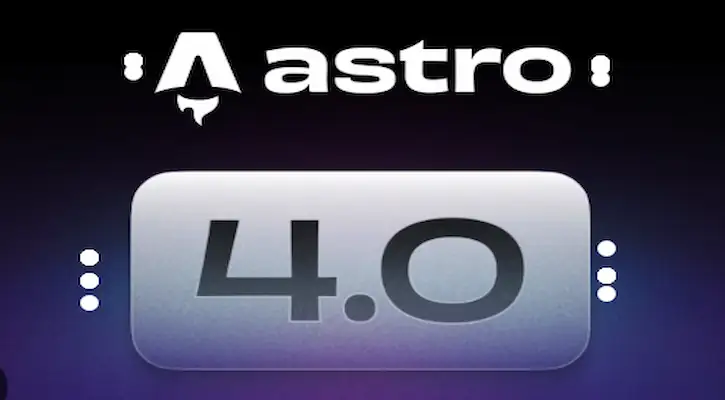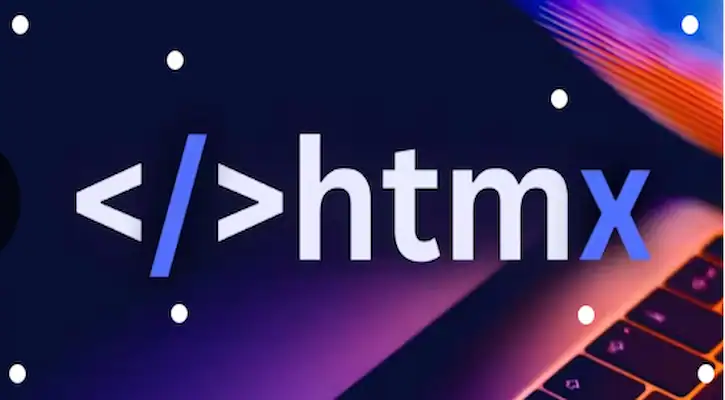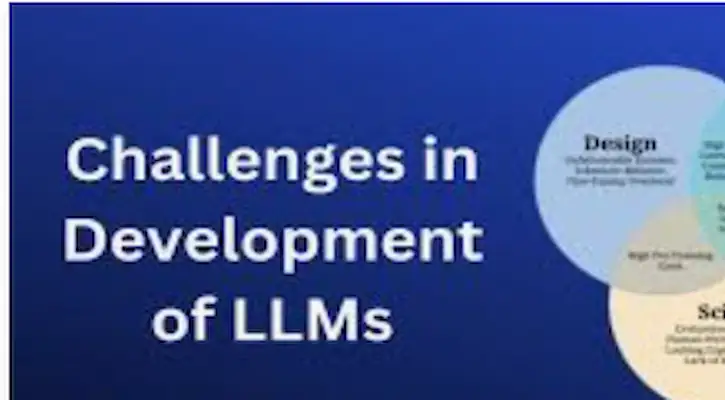Which database is better for analytics in 2025, ClickHouse or PostgreSQL?
Selecting the appropriate database for analytics becomes crucial as data continues to rise at an exponential rate. ClickHouse is becoming more popular as a quick columnar analytics engine while PostgreSQL has long been a dependable open source relational database. The ClickHouse vs PostgreSQL argument is more pertinent than ever in 2025.
Which one is best for your analytics burden, then Let’s dissect it according to ecology, pricing, use cases, scalability and performance.
Performance: Analytics in Real Time
Real-time analytical processing (OLAP) is the foundation of ClickHouse. It is perfect for dashboards, log analytics and time-series data because of its columnar storage design which enables it to scan billions of rows in a matter of seconds. Additionally, its vectorized execution engine reduces CPU use.
PostgreSQL, on the other hand, is a superb OLTP (Online Transaction Processing) solution. When working with large datasets or intricate aggregations its performance drastically declines even if it can handle some analytical queries particularly when using extensions like Citus or TimescaleDB.
Conclusion: ClickHouse outperforms in terms of large data performance and raw analytical speed.
Architecture for Storage (ClickHouse vs PostgreSQL)
- ClickHouse stores data column by column using columnar storage. Better compression and quicker readings are made possible by this making it ideal for analytics.
- In contrast, PostgreSQL makes use of row based storage, which is best suited for transaction heavy processes like CRUD.
ClickHouse will run significantly better than PostgreSQL if your queries require picking a small number of fields from big databases.
Conclusion: ClickHouse works better for tasks that need a lot of reading and columns.
Both horizontal scaling and scalability
Horizontal scalability has historically been a challenge for PostgreSQL. Although additions like TimescaleDB and Citus increase scalability, they also add complexity and need careful planning.
The goal of ClickHouse’s design was horizontal scalability. It works well even on dispersed clusters and comes with built-in support for sharding and replication.
Conclusion: For big, dispersed analytics systems, ClickHouse scales better.
Tooling and Ecosystem
An established environment is advantageous to PostgreSQL:
- Rich support for SQL
- Many drivers and ORMs
- Connections to the majority of BI tools
The ecology of ClickHouse is expanding quickly. It is a serious challenger because to tools like Metabase, Grafana, Redash, and ClickHouse Cloud’s direct support. In contrast to PostgreSQL, it could need more manual setup.
Conclusion: ClickHouse is rapidly developing for analytics, whereas PostgreSQL is superior for general-purpose use. ClickHouse vs PostgreSQL
Price and Available Hosting
Although ClickHouse and PostgreSQL are both free source, prices may vary depending on infrastructure and hosting.
- AWS RDS, Supabase, Railway, and more managed alternatives are available in PostgreSQL.
- ClickHouse provides managed solutions such as Kubernetes self-hosted clusters, ClickHouse Cloud, and Altinity.Cloud.
When correctly set, ClickHouse frequently offers better performance per dollar for high analytics loads.
Conclusion: PostgreSQL is more economical for typical workloads, whereas ClickHouse is more economical for analytics.
Use Cases: When Each Should Be Used
ClickHouseshould be used if:
- You’re creating a dashboard in real time.
- Managing log and event analytics
- Rapid aggregations over large datasets are required.
PostgreSQL should be used if
- Transactional consistency is necessary.
- Your software is relational or heavily written.
- For OLTP and light analytics you want a single database.
Concluding remarks
The distinction between analytical and transactional databases is more crucial than ever in 2025. ClickHouse is the obvious option for high performance analytics workloads even if PostgreSQL is still a powerful general purpose database with a wealth of features and stability.
ClickHouse should be considered if your project requires scalable data crunching, quick aggregations or real time reporting. PostgreSQL continues to excel for well balanced applications that value flexibility and data integrity.

